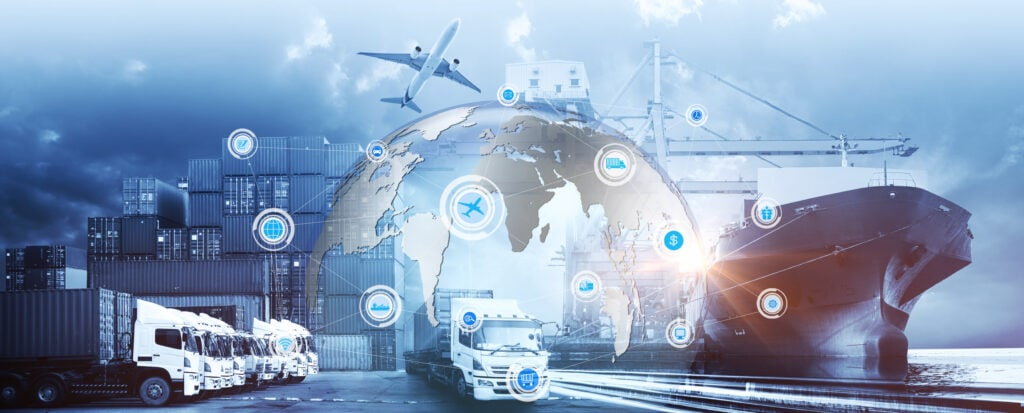
Technology for
transportation, warehousing, and order fulfillment gets a lot of buzz. But here
are a few developments you may not have heard of yet.
AI-crafted large language models understand and
produce human language answers to questions. But very soon, custom closed AI systems
will pre-fill the documents—compliance forms, drawback forms, claims forms, you
name it—required to manage global supply
chains.
This breakthrough in automation will
simplify and streamline repetitive form submissions based on your business
rules, all driven by a custom and closed large language AI system.
Combining and blending several strains of artificial
intelligence regimes has empowered not only humans, but virtual bots as well by
creating non-human customers that place orders, replenish inventory, and
monitor quality—all without human intervention.
Bipedal humanoid robots moving
boxes around the warehouse generated plenty of media excitement and tests are
underway. But that is not where the action is, yet. Inbound Logistics has covered
solid examples of non-human robots energizing DCs, warehouses, and fulfillment
centers and amping ROI.
But having hundreds or thousands of robots in large
distribution centers creates some drawbacks. Even after factoring in
implementation costs, the expense of maintaining local WiFi tone and remote
bandwidth needed to process the data driving the bot activity is a challenge.
Large DCs need multiple hotspots, but when placed close together they interfere
with each other. That drives robots crazy.
Is there another technology available to address these
challenges? A huge retailer is reportedly testing “for dense and hyper dense
wireless deployments within an indoor commercial warehouse” that will run
thousands of bots in a mega DC without hotspot interference, and with fewer
demands for off-site data management. It is empowered by something called “at
the edge processing.” That’s where constant reliable web tone, combined with AI
and bots, lessens the demands on remote server activities by lighting up more
on-site decisions. An additional bonus is the ability to have inbound
communications with a very large private fleet. Is all that possible?
Yes. Elon Musk has an answer: low earth orbit (LEO)
satellite 5G tone as an alternative to WiFi tone. His Starlink project
has plans for up to 42,000 satellites in LEO to provide global broadband for
applications inside huge warehouses and anywhere across the globe.
It is exciting times for global supply chain
operations.